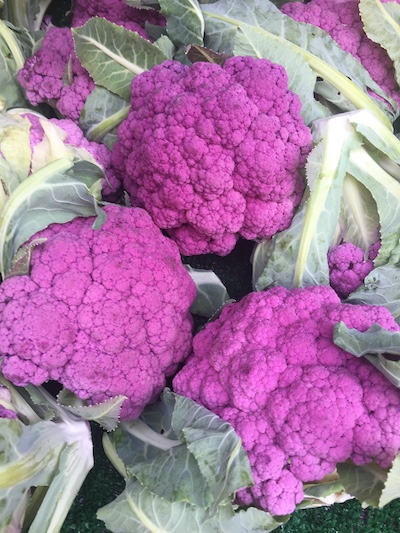
The food you eat is reflected in the mirror. Whether or not you like your image, there is always room for improvement. The food you eat affects how you look and feel. Try to simplify your food consumption. Opt for the best food choices for your precious health and energy.
A well-balanced diet, a nutrient-rich diet, and the Mediterranean diet seem the same. The Mediterranean diet is good for us, and is centered on foods that we love. It is also practical and easy to follow. It is based on olive oil, wine, and other important ingredients, such as whole grains, legumes, pasta, garlic, greens, cheese, meat (including fish), eggs, fruit, and lots of vegetables. I consider all these appealing foods medicinal and healing, when eaten in moderation, of course Medicinal food helps the body heal itself, and maintains balance, as well as being delicious and nutritious.
Luckily, most foods are available to us year-round. We also have access to food from all over the world. It doesn’t matter what you call your diet. Just build a healthy base by making sensible food choices each day. Time spent choosing food wisely is time invested in wellness. Fueling yourself with nutritious and filling foods first thing in the morning is an excellent investment in a healthy life.
For your morning beverage, sip a few cups of green tea, or water with lemon. Drink no more than two cups of coffee. Replace it with herbal teas or freshly squeezed vegetable juice.
Start your day right with a substantial breakfast. The ideal breakfast includes lean protein, fiber-rich complex carbohydrates, and some essential fatty acids. Breakfast and lunch should be filling. A mixed green salad or soup is a good lunchtime appetizer, and helps with portion control. Lunch should be substantial, a normal-size serving, and should include your favorite protein (such as poached salmon or roasted chicken), plus sautéed or grilled vegetables. When it comes to vegetables, choose a beautiful rainbow of colors. Include at least four to five colorful foods on your plate. The brighter the colors, the better. Colorful vegetables can include carrots, peppers (yellow, red, green), broccoli, leafy greens, beets, sweet potatoes, and asparagus. Use herbs and spices instead of salt to flavor foods. When we eat breakfast and lunch, we will be less likely to overeat later in the day.
A smart snack can help you maintain a steady blood-glucose level. Sensible snacks include raw vegetables, fruit, yogurt, nuts, and seeds. Fresh raw nuts (such as almonds, Brazil nuts, cashews, pecans, and walnuts) and seeds (such as flax, pumpkin, sesame, and sunflower) are good choices for healthy essential fatty acids. Don’t heat hemp or flaxseed; instead, sprinkle them on food just before eating or add them to smoothies.
Dinner should be relatively light. The night is best for rest and less activity, because the digestive system needs to rest while we sleep. Avoid heavy, hard-to-digest foods for dinner such as meat, cheese, and bread. All eating should be completed at least three hours before bedtime.
Another suggestion is, if you preplan your food and eat whole foods, not packaged or processed ones, you really can be healthier.